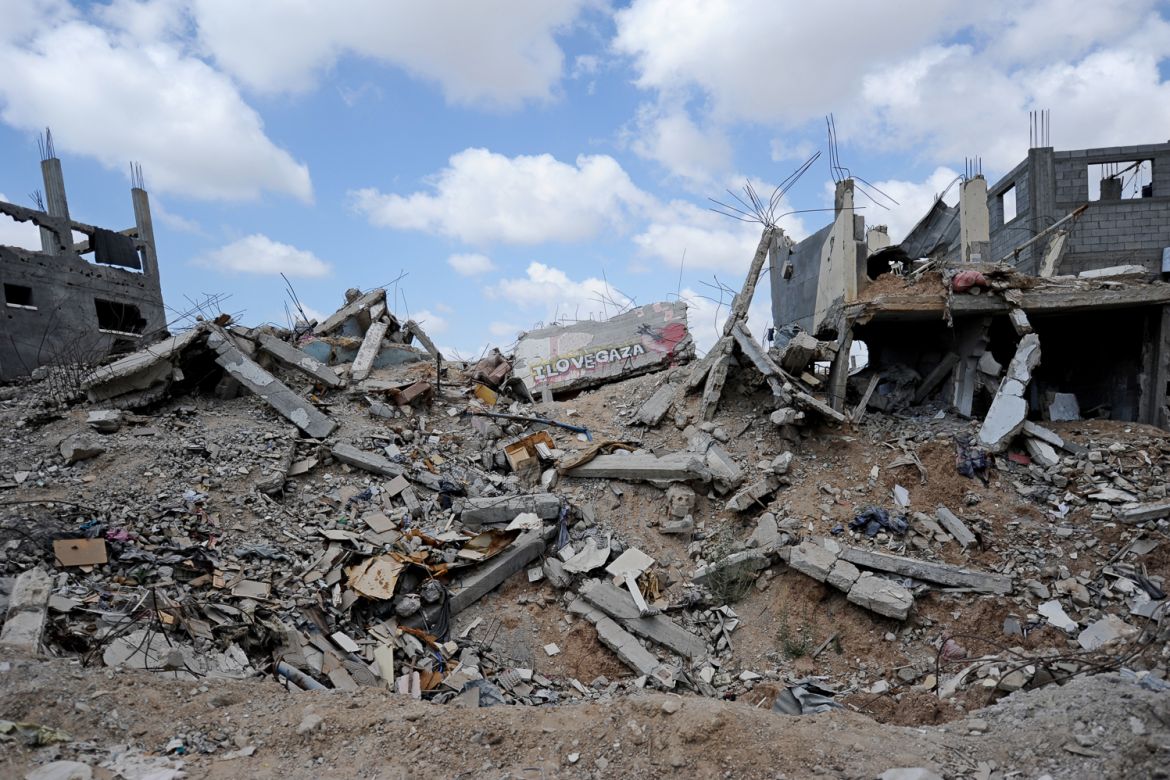In Pictures
Gaza: The scars of war
Palestinians are unable to rebuild their homes a year after a devastating war with Israel due to the crippling blockade.

One year since the beginning of the 2014 Israeli war on Gaza, which resulted in the deaths of over 2,000 Palestinians, tens of thousands of Palestinians in Gaza are left with huge scars of war. Many are still homeless, waiting for reconstruction to begin in the blockaded enclave.
None of the 12,600 homes destroyed a year ago have been rebuilt, leaving up to 100,000 people still displaced, with many of them living in makeshift tents or struggling to earn enough to pay rent in an economy shattered by 8 years under blockade. An extra 83,977 housing units are still waiting for repairs and people continue to live in homes with gaping holes from the bombardment.
While much has been made of mechanisms to bring in construction materials which the blockade prevents, the problem goes deeper than merely providing building materials. At present, Gaza is getting just 7.5 percent of daily construction materials needed to cover the housing demand for the next five years, but even where materials are available, the people lack the finances to start reconstruction in an area with the highest unemployment rate in the world. Large swaths of rubble are still waiting to be cleared – some still containing unexploded ordnance from the war – while the water network has suffered severe damage and electricity only comes intermittently.
The following photo essay shows some of the people in Gaza and their struggle to survive a crippling blockade one year after the last war that destroyed their houses and killed members of their family and friends. The stories range from a fisherman who had his boat – the only source for his family’s livelihood – destroyed, to a father and a grandfather who lost six of his family members, including his wife and three sons. These individuals live with the scars of war every day.












